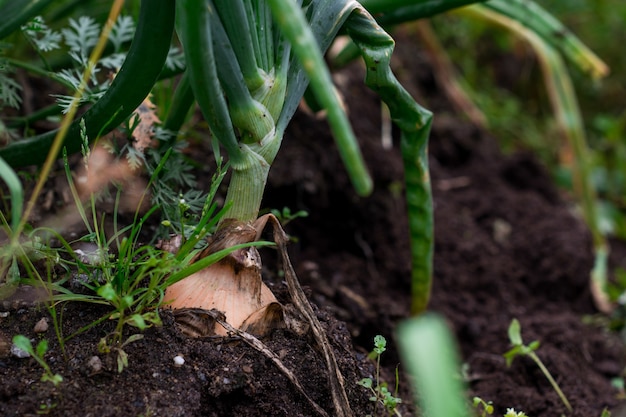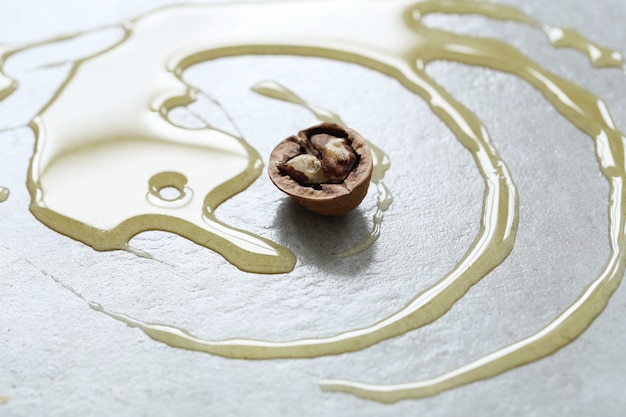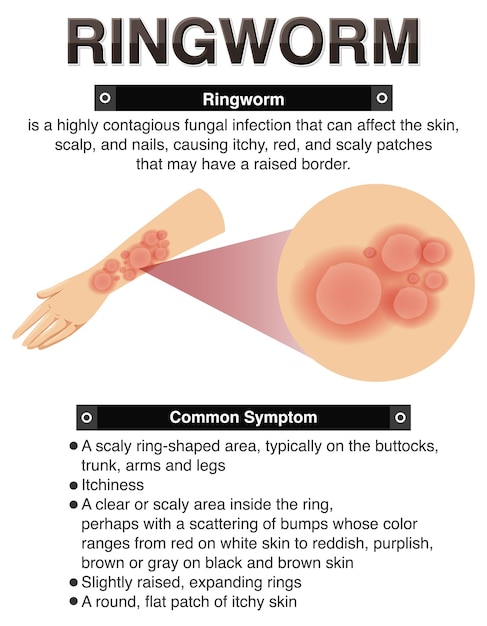
I love gardening, but I could do without some of the pests that come with it. Even though I use natural methods like companion planting, some stubborn critters still manage to get to my fruits and veggies.
A great natural way to keep pests out of your garden is by using hot peppers. Capsaicin, the chemical that makes peppers hot, is an irritant to both mammals and some insects. However, it’s important to note that hot pepper spray acts as a deterrent rather than an insecticide. It won’t kill pests like squash bugs, aphids, or Japanese bean beetles, but it will irritate some soft-bodied insects. More importantly, it effectively keeps mammals like rabbits, squirrels, and deer away from the garden without harming them.
Adding garlic to the spray boosts its ability to repel insects. Garlic is known to deter aphids, ants, beetles, caterpillars, slugs, whiteflies, and more.
How To Make Garlic Hot Pepper Pest Spray
Ingredients:
– 6-7 hot peppers (any type)
– 1 head of fresh garlic
– 5-quart bucket
– 5 quarts of water
– 3 tablespoons Dr. Bronner’s Peppermint Castile Soap
– 3-gallon garden sprayer
– Knife
– Gloves
Directions:
1. Watch the video to see the process, then follow the step-by-step photos and written instructions below.
2. Any hot pepper will work, but the hotter the pepper, the more effective it will be. I used jalapenos since they’re what I have in my garden.
3. Wear gloves when handling chili peppers to avoid skin irritation from capsaicin.
4. Chop the hot peppers into smaller pieces and add them to the bucket. Break apart the head of garlic, chop it into smaller pieces, and add it to the bucket.
5. Fill the bucket with water almost to the top and let it sit overnight (12-24 hours).
6. After it has set overnight, strain the mixture into a garden sprayer.
7. Add three tablespoons of Castile soap to help the spray stick to the plants and act as an insecticidal soap against pests like aphids.
How Often To Spray:
Spray the plants as needed, especially after rain, dew, or heavy humidity. Avoid spraying into the wind.
For more natural pest control ideas, check out the next article on natural oils to keep pests out of your home and garden.



